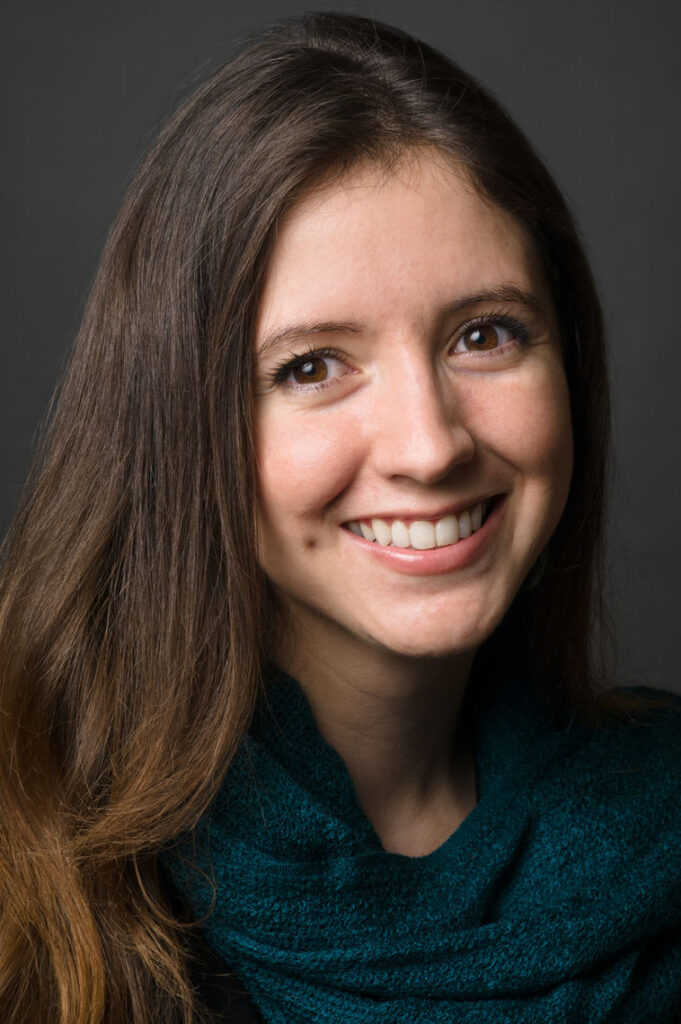
Deisy Del Real
Assistant Professor of Sociology, USC - Dornsife
Paul & Daisy Soros Fellowship awarded in 2011 to pursue a PhD in Sociology at University of California, Los Angeles (UCLA).
Deisy Del Real is an immigrant from Mexico.
Related Articles
-
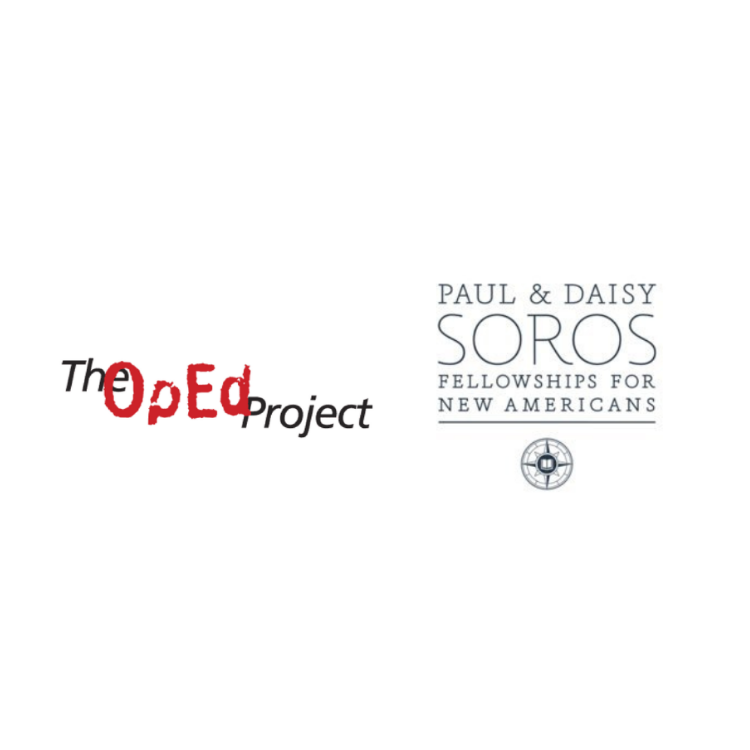 Read more: Public Voices Fellowships: Year one’s success
Read more: Public Voices Fellowships: Year one’s success- OpEd Project
Public Voices Fellowships: Year one’s success
-
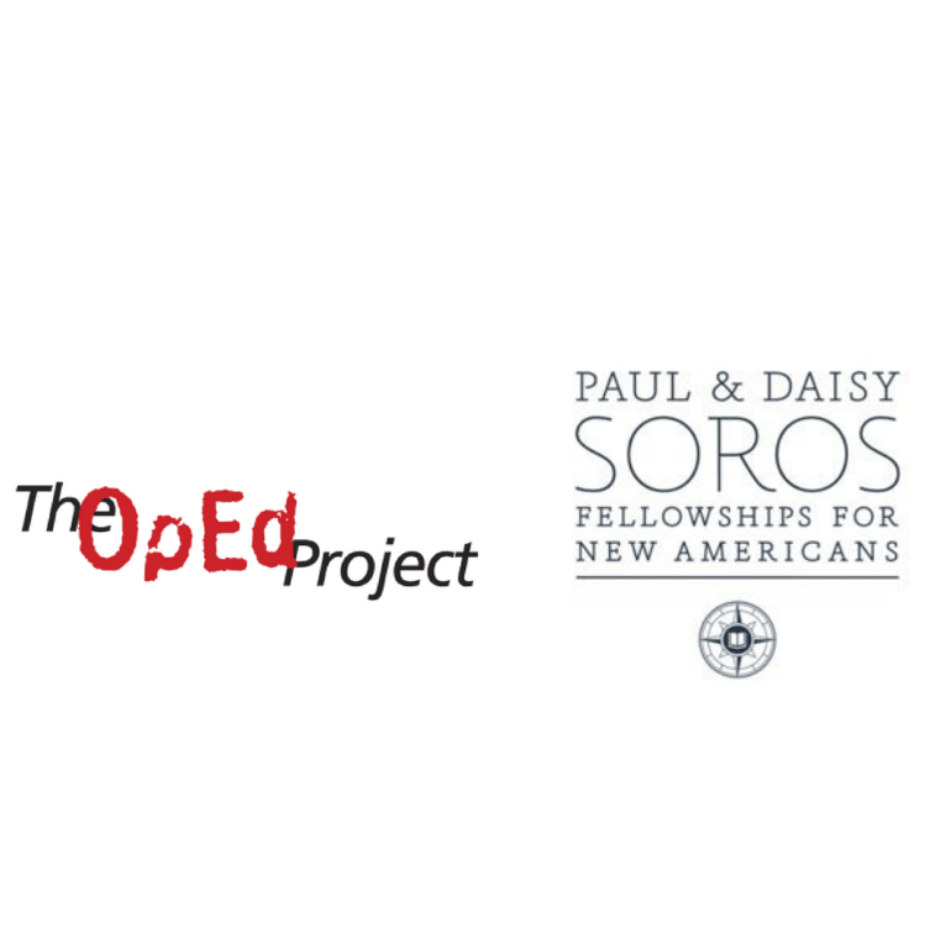 Read more: Introducing the 2023 Public Voices Fellows
Read more: Introducing the 2023 Public Voices Fellows- OpEd Project
Introducing the 2023 Public Voices Fellows
Meet More Fellows
-
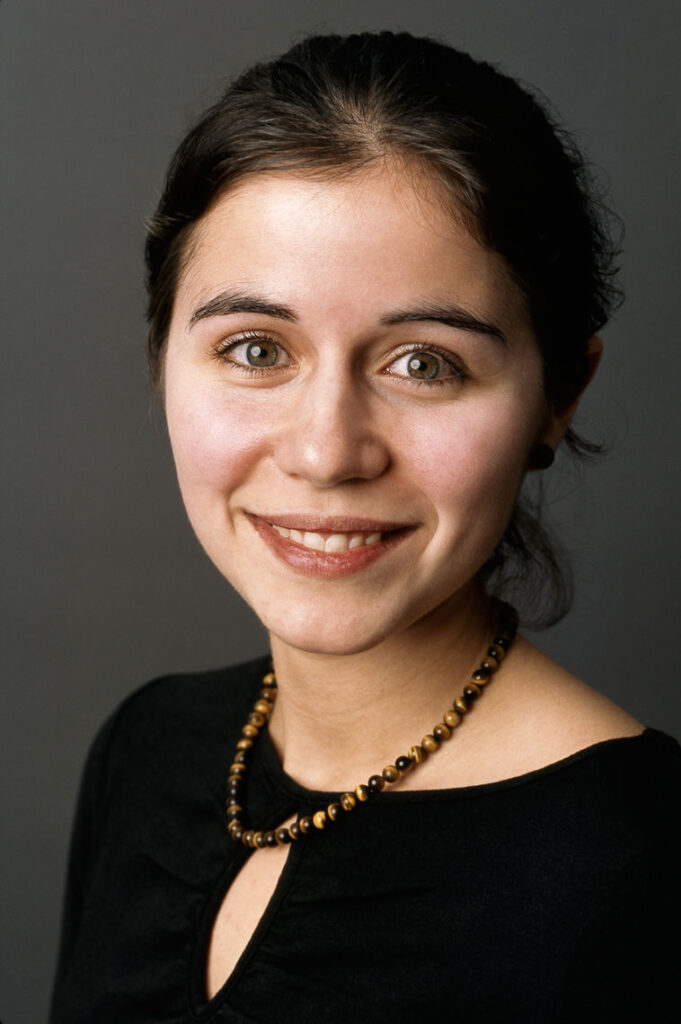
Markella Zanni
Professor of Medicine, Harvard Medical School
Markella Zanni is the child of immigrants from Greece. Fellowship awarded in 2002 to support work towards an MD in Medicine at Harvard University
-
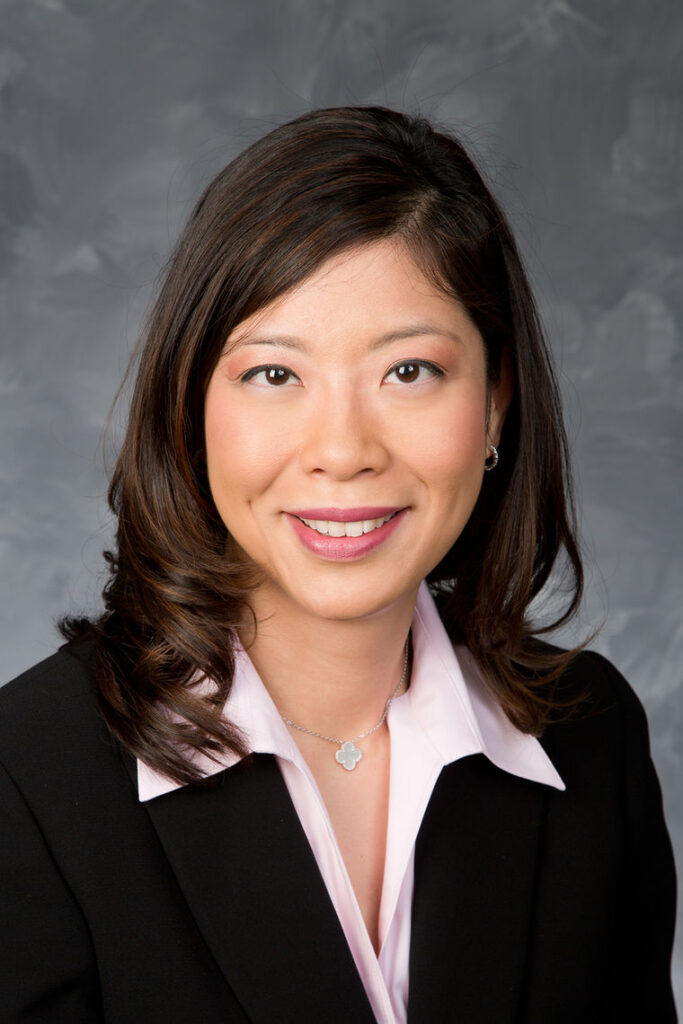
Anita Yang Hsu
Senior Vice President and General Counsel, MBK Real Estate Companies
Anita Yang Hsu is an immigrant from Taiwan. Fellowship awarded in 1998 to support work towards a JD in Law at University of California, Berkeley
-
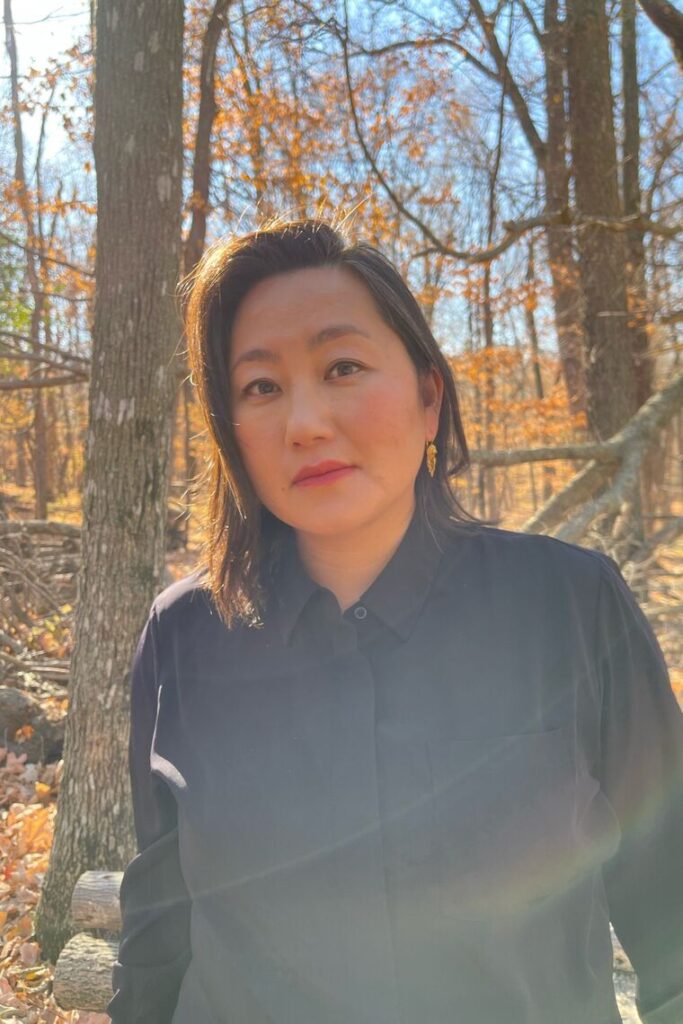
Kao Kalia Yang
Activist & Professor, Author
Kao Kalia Yang is an immigrant from Thailand. Fellowship awarded in 2003 to support work towards an MFA in Creative Writing at Columbia University
-
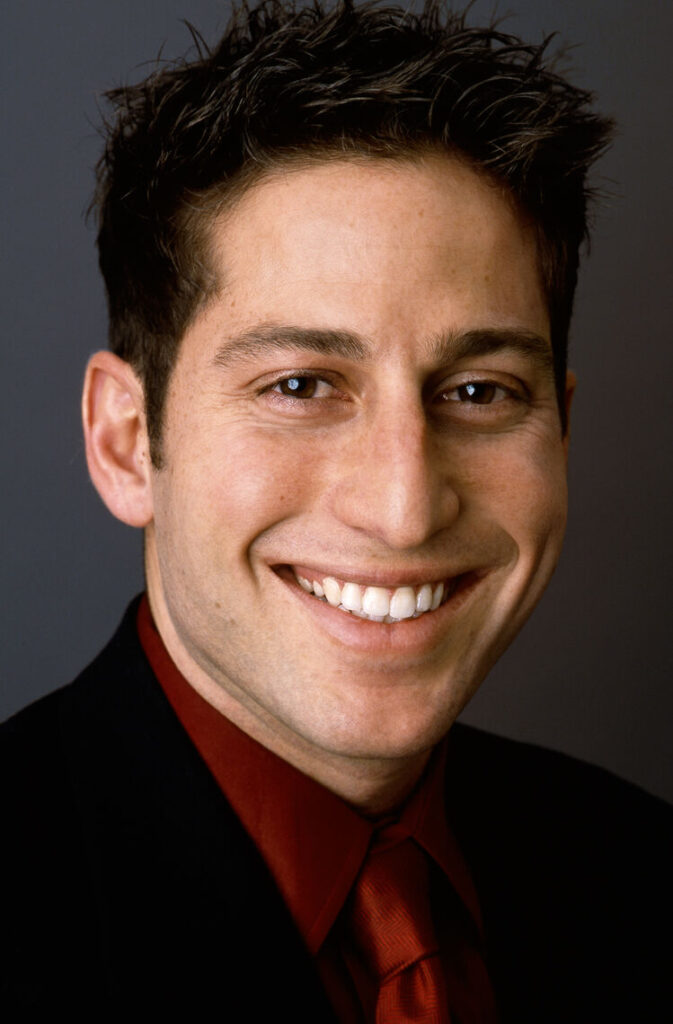
Richard Vidal
Head of Global Agency Business Development, Google
Richard Vidal is the child of immigrants from Cuba. Fellowship awarded in 2003 to support work towards an MD in Medicine at University of Pennsylvania